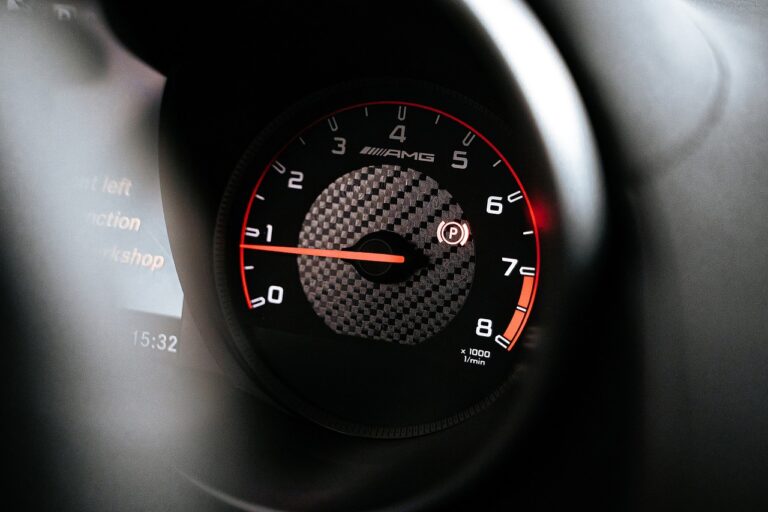Fleet Management Considerations for Emergency Response Preparedness: Bet bhai 9, Playexch9 com login, Lotus365win
bet bhai 9, playexch9 com login, lotus365win: As an emergency service provider, having a well-managed fleet is crucial for effective and efficient response to emergencies. Whether you are a medical facility, fire department, or search and rescue team, fleet management considerations play a vital role in ensuring you are prepared for any situation that may arise. In this article, we will discuss some key factors to consider when managing your fleet for emergency response preparedness.
Vehicle Maintenance and Inspections:
One of the most important aspects of fleet management for emergency response preparedness is regular maintenance and inspections of your vehicles. Ensuring that your fleet is in top condition is essential for responding quickly and safely to emergencies. Make sure to schedule regular maintenance checks, such as oil changes, tire rotations, and brake inspections, to prevent breakdowns and ensure your vehicles are always ready to go.
Driver Training and Safety:
Another crucial consideration for fleet management in emergency response preparedness is driver training and safety. Properly trained drivers who are familiar with emergency procedures and protocols can make all the difference in responding to emergencies effectively and safely. Make sure to provide ongoing training to your drivers, including defensive driving techniques and emergency response protocols, to ensure they are prepared for any situation they may encounter.
Equipment and Supplies:
In addition to vehicles and drivers, having the right equipment and supplies on hand is essential for emergency response preparedness. Make sure your fleet is equipped with all the necessary tools and supplies, such as first aid kits, fire extinguishers, and communication devices, to handle any emergency that may arise. Regularly check and restock your supplies to ensure your fleet is always prepared for any situation.
Communication and Coordination:
Effective communication and coordination are critical components of fleet management for emergency response preparedness. Make sure your team has clear communication channels in place, such as two-way radios or mobile phones, to ensure seamless communication during emergencies. Additionally, establish protocols for coordinating responses between different units and agencies to ensure a coordinated and efficient response to emergencies.
Emergency Response Planning:
Having a solid emergency response plan in place is essential for fleet management considerations for emergency response preparedness. Make sure your team is familiar with the plan and practices regular drills to ensure everyone knows their role and responsibilities in an emergency. Review and update your emergency response plan regularly to account for any changes in equipment, personnel, or procedures.
Risk Management and Contingency Planning:
Lastly, risk management and contingency planning are key considerations for fleet management in emergency response preparedness. Identify potential risks and hazards that may impact your fleet operations and develop contingency plans to mitigate those risks. Regularly review and update your risk management and contingency plans to ensure your fleet is prepared for any situation that may arise.
In conclusion, effective fleet management is crucial for emergency response preparedness. By considering factors such as vehicle maintenance, driver training, equipment and supplies, communication and coordination, emergency response planning, risk management, and contingency planning, you can ensure your fleet is ready to respond to any emergency that may come your way. Remember, preparedness is key to saving lives and minimizing damage during emergencies.
FAQs:
Q: How often should vehicles undergo maintenance checks?
A: Vehicles should undergo regular maintenance checks, such as oil changes and tire rotations, according to the manufacturer’s recommendations.
Q: What kind of training should drivers receive for emergency response preparedness?
A: Drivers should receive training in defensive driving techniques, emergency response protocols, and familiarization with emergency equipment and supplies.
Q: How often should emergency response plans be reviewed and updated?
A: Emergency response plans should be reviewed and updated regularly to account for any changes in equipment, personnel, or procedures.







